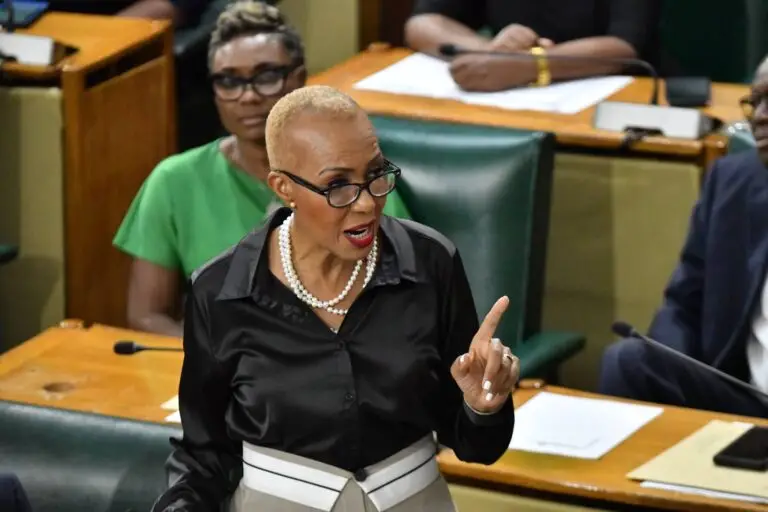For years, Jamaica’s budget debates felt like a repetitive cycle of economic hardship, one that failed to engage the wider public. It was a conversation dominated by wage freezes, increased taxation, and the slow grind of fiscal recovery. Many Jamaicans, particularly the youth, saw little reason to tune in, as the discussions seemed detached from their daily struggles.
However, in recent years, there has been a notable shift. Economic policies have become more relatable, and the once-dreaded budget debates are now met with heightened public interest. This transformation is largely credited to the former Minister of Finance, Dr. Nigel Clarke, whose tenure was marked by financial stability, fiscal prudence, and a sense of renewed confidence in Jamaica’s economic future. His ability to simplify complex financial matters and connect with the population made him a respected and reassuring figure.
But with Clarke’s departure to the International Monetary Fund (IMF), questions arose: Who could maintain the momentum? Would his successor have the same level of impact? Enter Fayval Williams, Jamaica’s first female Minister of Finance, stepping into one of the most scrutinized positions in government.
Williams, often perceived as reserved and calculated, delivered her maiden budget presentation with a surprising level of confidence and authority. Her composed demeanor and structured approach signaled that she was not just filling a role—she was owning it. Dressed with precision and speaking with clarity, she made sure her message was heard: Jamaica’s financial trajectory remains steady.
Her budget presentation was not just about figures; it was about impact. She highlighted several key initiatives aimed at easing economic burdens and fostering growth:
- A $1-billion allocation to support 20,000 first-time Jamaica Public Service (JPS) customers with house wiring and inspection fees. This move acknowledges a long-standing issue—many Jamaicans rely on illegal electricity connections, not out of defiance, but out of financial necessity.
- The expansion of the Student Loan Bureau (SLB) services to cover essential costs like housing, books, and laptops for tertiary students. This step is a direct investment in the country’s future, making higher education more accessible.
- A renewed focus on the University of Technology (UTech), Jamaica. It is both a national disgrace and an economic risk that the institution continues to face compensation disputes. Finally, there seems to be movement toward a sustainable solution.
While no budget will ever satisfy every demand, Williams’ approach was measured and fiscally responsible. In an election year, the temptation to implement populist spending could have been strong. However, the government has chosen to remain disciplined, reinforcing its commitment to long-term stability over short-term political gains.
That said, some questions remain. For instance, the $72,000 tax break over three years, while helpful, is symbolic at best. It’s an incentive, but certainly not a game-changer for struggling families.
Nevertheless, Williams has proven that she is ready to lead. The financial landscape is shifting once again, and as Jamaica charts its course forward, her stewardship will be closely watched. One thing is clear: the conversation about Jamaica’s economy is far from dull, and this new era of leadership is just getting started.

